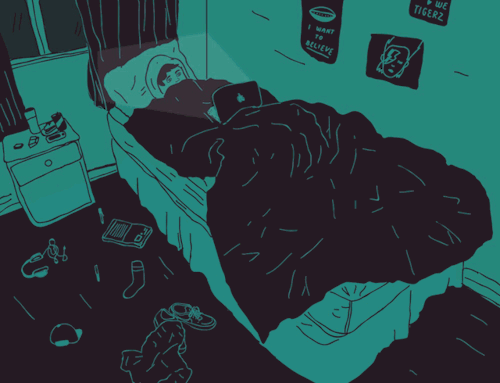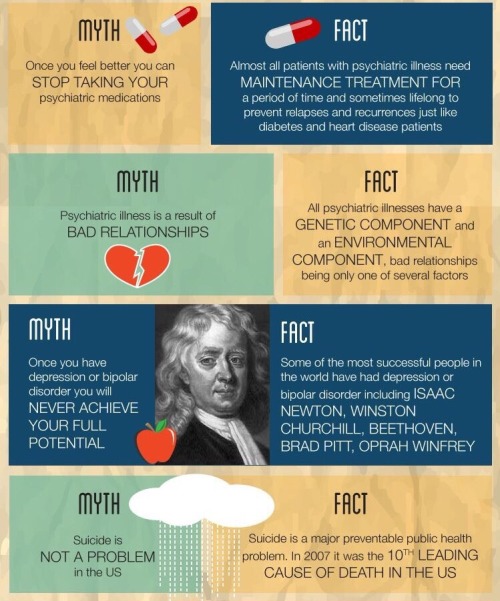Karlfelersii - Untitled

More Posts from Karlfelersii and Others

Go hygiene!
C. Diff Infections Are Falling, Thanks To Better Cleaning And Fewer Antibiotics
The risk of getting a deadly, treatment-resistant infection in a hospital or nursing home is dropping for the first time in decades, thanks to new guidelines on antibiotic use and stricter cleaning standards in care facilities.
The rate of new Clostridium difficile or C. diff infections climbed year after year from 2000 to 2010, researchers found. But an early look at 2011-2014 data from the Centers for Disease Control and Prevention’s Emerging Infections Program suggests infection rates are improving.
“Preliminary analyses suggest a 9 to 15 percent decrease in health care [C. diff] incidence nationally,” says Dr. Alice Guh, a medical officer at the CDC. “It’s very encouraging, but there’s still a lot to do.”
C. diff infections, which rose for decades, are now falling, according to the CDC. David Phillips/Science Source
WHAT IS YOUR SOUL ELEMENT?

What is your soul element? Are you the master of fire, the controller of water, the bender of air, or the assembler of earth?
Take this test to know
15+ Things We Wish People Understood About Anxiety

It is utterly exhausting living in a near constant state of fight or flight for so long.
Continue Reading




✧ Visit our website: psych2go.net ✧
Ψ Follow @psych2go for more Ψ
6 Reasons Why Smart People Cant Find Happiness

Happiness is the feeling of contentment and satisfaction that is craved by many but only achieved by some. Happiness is relative and subjective. But for many successful individuals, the presence of a great family life and a flourishing career is often not enough. On some occasions these do not prevent an smart individual from feeling a sense of loneliness, often sadness and melancholy.
Here are six psychological reasons why smart people have a harder time finding happiness.
1. Intelligent people over-analyze
Many individuals with high levels of intelligence often over think and analyze everything that occurs in their life and surroundings. While their ability to analyze things is a great asset, the constant analysis of everything often lead to frustrations especially when coming up with an undesired conclusion.
Being able to see through people’s intentions is a burden that most people don’t get to carry. Oftentimes, knowing how ugly the real world is like is……
Continue Reading Here





Myths & Facts about Mental Illness
source: Global Medical Education
For more follow us @ Awake Society
7 Questions to Ask When You’re Feeling Overwhelmed
1. Which of these tasks should I prioritise? Do what’s most important first, and the pressure will subside.
2. Would I achieve more if I got some extra sleep? If you’re too tired to work then you’re usually less productive.
3. Are other people sucking the life out of me? Are there certain individuals who’re demanding too much time?
4. Is there anything at all that I can delegate? Do I have to do it all, or do the whole thing on my own?
5. Have I taken on too much on because “I don’t let people down”, or I’m afraid of saying “no”; or do I fear the negative reactions of others?
6. Is my space full of clutter, and that’s adding to my stress? Do I need to tidy up, or just get rid of some old stuff?
7. Can I withdraw, or take time off to recharge my batteries? Do I really need a break, and need the chance to be refreshed? Would I likely perform better if I made time for self care
Different Sex Drive Than Your Partner? Here’s How to Manage it

You mustn’t force sex to do the work of love or love to do the work of sex.—Mary Mcarthy
Sex is a topic people get all funny talking about. For many it is awkward and uncomfortable, for some it is embarrassing, and for others, it is soul-baring and they are left feeling exposed.
Regardless of how it makes you feel to talk about it, there is one thing we all have in common regarding sex, we all do it. Of course, just like every rule, there are exceptions and we’ll save those for another time. Right now, let’s discuss the human sex drive.
A Little Sex. A Lot of Sex. What is Normal?
First, it is important to understand that having a healthy sex life is a basic human need. Not everyone has the same level of desire for sex, and that is perfectly normal. Some people do not have a sex drive at all. They are hypersexual.
Your sex drive may be low and interest in sex isn’t high on your list of priorities whereas mine may rank right up there with breathing. Neither of these is a problem by themselves. The problem comes into play when…..
Continue Reading Here
Why You Think You Are Not Good Enough AND How to Fix it

“If I asked you to name all the things you love, how long would it take to name yourself.” – Anon
There is no shortage of reasons why we sometimes feel like we flat out aren’t good enough. Maybe it’s low grades in school, or we think we are too thin, or too fat, or too young. Maybe our partner makes us feel inadequate, or our parents seem to believe we can’t do anything right.
Sometimes we do it to ourselves. We compare our home, or clothes, or cars to where someone else lives, or to what they wear, or to what they drive. If we believe their things are better than ours, then we tell ourselves we are less of a person.
Society doesn’t help us believe that we are unique, or that being unique is seriously “good enough.” There is constant pressure to be the best team, the best student, the best assistant, the best employee. We compare ourselves to models in magazines and hold ourselves to a certain standard of perfection that is as unrealistic as it is attainable.
It isn’t a Feeling. It’s a Thought.
When you don’t feel “good enough” it’s often because you are telling yourself you’re stupid, or ugly, or incapable. The thoughts you use to describe yourself make you unhappy. These thoughts make you feel depressed and worthless. According to Ali Miller, MFT, this is an important distinction. She believes that…
CONTINUE READING HERE

-
 akirateku liked this · 1 year ago
akirateku liked this · 1 year ago -
 mywakingdreamswandering liked this · 1 year ago
mywakingdreamswandering liked this · 1 year ago -
 tntarheel reblogged this · 1 year ago
tntarheel reblogged this · 1 year ago -
 thespiritualsolarsystem liked this · 5 years ago
thespiritualsolarsystem liked this · 5 years ago -
 angrykitsune01 liked this · 5 years ago
angrykitsune01 liked this · 5 years ago -
 giftofshewbread liked this · 5 years ago
giftofshewbread liked this · 5 years ago -
 cuoh2 liked this · 5 years ago
cuoh2 liked this · 5 years ago -
 sinner4life reblogged this · 5 years ago
sinner4life reblogged this · 5 years ago -
 katts-universe reblogged this · 5 years ago
katts-universe reblogged this · 5 years ago -
 keaiying liked this · 5 years ago
keaiying liked this · 5 years ago -
 sinner4life liked this · 5 years ago
sinner4life liked this · 5 years ago -
 shio-enigma liked this · 5 years ago
shio-enigma liked this · 5 years ago -
 rodolfo9999 liked this · 5 years ago
rodolfo9999 liked this · 5 years ago -
 m4l4chite liked this · 5 years ago
m4l4chite liked this · 5 years ago -
 the-summer-sun-au liked this · 5 years ago
the-summer-sun-au liked this · 5 years ago -
 homage2art liked this · 5 years ago
homage2art liked this · 5 years ago -
 crazystarlitsky liked this · 5 years ago
crazystarlitsky liked this · 5 years ago -
 sphinxnomore liked this · 5 years ago
sphinxnomore liked this · 5 years ago -
 theepitomeofpetty reblogged this · 5 years ago
theepitomeofpetty reblogged this · 5 years ago -
 ineedsleep18 liked this · 5 years ago
ineedsleep18 liked this · 5 years ago -
 mizuiru liked this · 5 years ago
mizuiru liked this · 5 years ago -
 phoenixmartinez-ride liked this · 5 years ago
phoenixmartinez-ride liked this · 5 years ago -
 choochootatoo liked this · 5 years ago
choochootatoo liked this · 5 years ago -
 lovelettertonone liked this · 5 years ago
lovelettertonone liked this · 5 years ago -
 chosenbyoya liked this · 5 years ago
chosenbyoya liked this · 5 years ago -
 moonflower7769-blog reblogged this · 5 years ago
moonflower7769-blog reblogged this · 5 years ago -
 iffyfaithlove reblogged this · 5 years ago
iffyfaithlove reblogged this · 5 years ago -
 iffyfaithlove liked this · 5 years ago
iffyfaithlove liked this · 5 years ago -
 arashi-black reblogged this · 5 years ago
arashi-black reblogged this · 5 years ago -
 fotojackson liked this · 5 years ago
fotojackson liked this · 5 years ago -
 dxd13 reblogged this · 5 years ago
dxd13 reblogged this · 5 years ago -
 dxd13 liked this · 5 years ago
dxd13 liked this · 5 years ago -
 sinnnnamonroll liked this · 5 years ago
sinnnnamonroll liked this · 5 years ago -
 marjo67 reblogged this · 5 years ago
marjo67 reblogged this · 5 years ago -
 marjo67 liked this · 5 years ago
marjo67 liked this · 5 years ago
